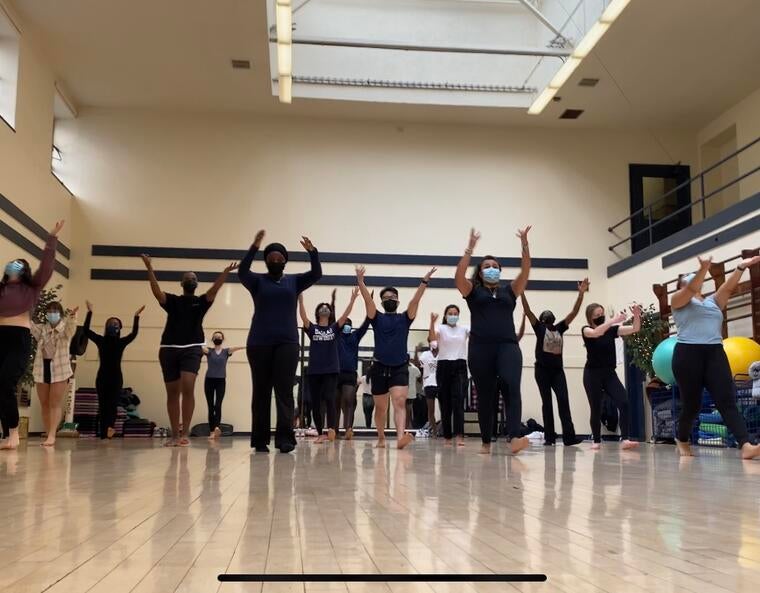
Dear incoming frosh,
In just a few weeks, you’ll be starting your first college classes. You’ll likely do a few rounds of icebreakers your first week: your name, your year, your residential college, and your plans for your major, and your background experience with the course material. Perhaps you’ll mumble something like, I’m still figuring it out or I’m very new but excited to learn about critical refugee studies, to which your professor will give an understanding nod. As the rest of the class shares their detailed future–I plan on majoring in Theater Studies and MCDB (Molecular, Cellular, and Developmental Biology) while completing the Human Rights Studies program–and lists their past exposure to the subject–I’ve studied black holes since 6th grade and interned with NASA last summer, you might just shrink in your seat and wonder if your presence at Yale is a mistake.
If you feel this way, welcome to the club along with myself and many other Yalies. If you don’t feel this way, congratulations! You are one of the few students to begin your college career without suffering from impostor syndrome.
Impostor syndrome is real. It makes sense–you’re surrounded by some of the brightest, most ambitious minds from across the globe. Perhaps your suitemate frequents Carnegie Hall as a sold-out performer, or that quiet kid in your chemistry section unearthed dinosaur bones during his internship with National Geographic. These moments of discovery might make you feel small, or like you’re “behind,”–that is, you’re running out of time to do something extraordinary like the rest of your peers. Sometimes these feelings are paralyzing–rather than spur you on, they set you back and are deeply unproductive.
Here are some of my tips to combat impostor syndrome, from an experienced veteran herself:
1) Talk about it openly with your friends. I discovered that the very classmates I put on a pedestal were going through the exact same things, despite their incredible accomplishments. Knowing that you’re not alone in facing this can be extremely comforting. Plus your friends can help build you up!
2) Reflect on your past. What are some times when teachers or mentors have praised your work ethic? Write them down, and post it on your desk. When your imagination tries to tell you lies about your character, refer back to these notes of validation.
3) Fake it till you make it! Sometimes, knowing how much we don’t know can be liberating and can ultimately inspire us to dive into the field with more zest and earnestness.
4) Give yourself grace. You will mess up. Mistakes are inevitable. It’s what we do in the wake of our failures that defines us. Will you remain mired in that low grade or unsuccessful project? Or will you forgive yourself, learn from it, and move on?
One of the best pieces of advice I got from a Yale alum was this: You are all in the same boat, and the boat is much bigger than you think. With your new friends by your side, you’ll find it easier to tackle impostor syndrome together. You’re not an impostor–don’t let failure hold you back or define who you are. Go get em!
Sincerely,
Cassandra

















